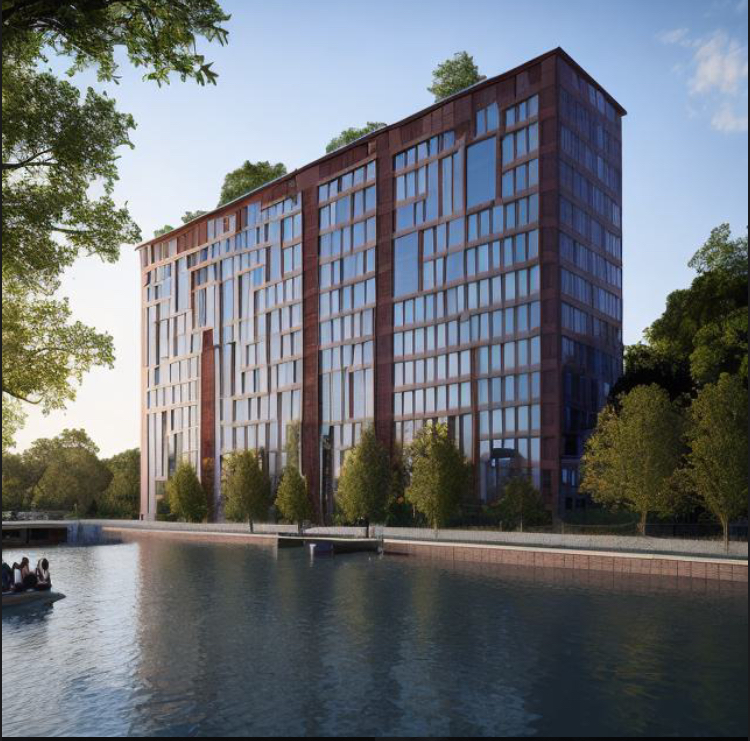Flexible shingles are an increasingly popular choice for roofing work, and it’s no wonder. Its advantages are tangible both visually and practically. Flexible roofing allows you to implement the most unusual and complex roof shapes, has a wide range of colours, provides silence during rain and hail, and has minimal waste during installation. At the same time, its structure prevents snow run-off and protects against corrosion. All these advantages make flexible tiles a reliable roofing solution for homes and buildings.
“The advantages of flexible tiles are obvious:
Flexible roofing can take any roof shape (domes, cones, hemispheres, etc.).
The number of shapes and colours of flexible shingles is astounding
Bitumen shingles are virtually silent during rain and hail, unlike metal tiles
Flexible shingles have much less waste during installation – about 5%, with metal tiles this figure can reach 40%
The rough structure of flexible roofing prevents avalanche-like snowfall, protecting plastic drainage system, plants and trees growing close to the house from breaking.
Flexible shingles do not attract lightning
Flexible roofing, unlike metal tiles, is not subject to corrosion
No special tools and skills are needed when working with flexible tiles
Flexible shingles do not need special treatment of cuts.” docke.ru
In conclusion, flexible tiles are the ideal choice for those looking for an aesthetically pleasing and functional solution for their roof. It easily adapts to any roof shape, saves on materials, prevents noise from precipitation and avalanche-like snowfall, and is not prone to corrosion. In addition, work with flexible tiles does not require special tools and skills. Whether it is a private home or a commercial building, flexible tiles are a reliable and durable solution for your roof.
